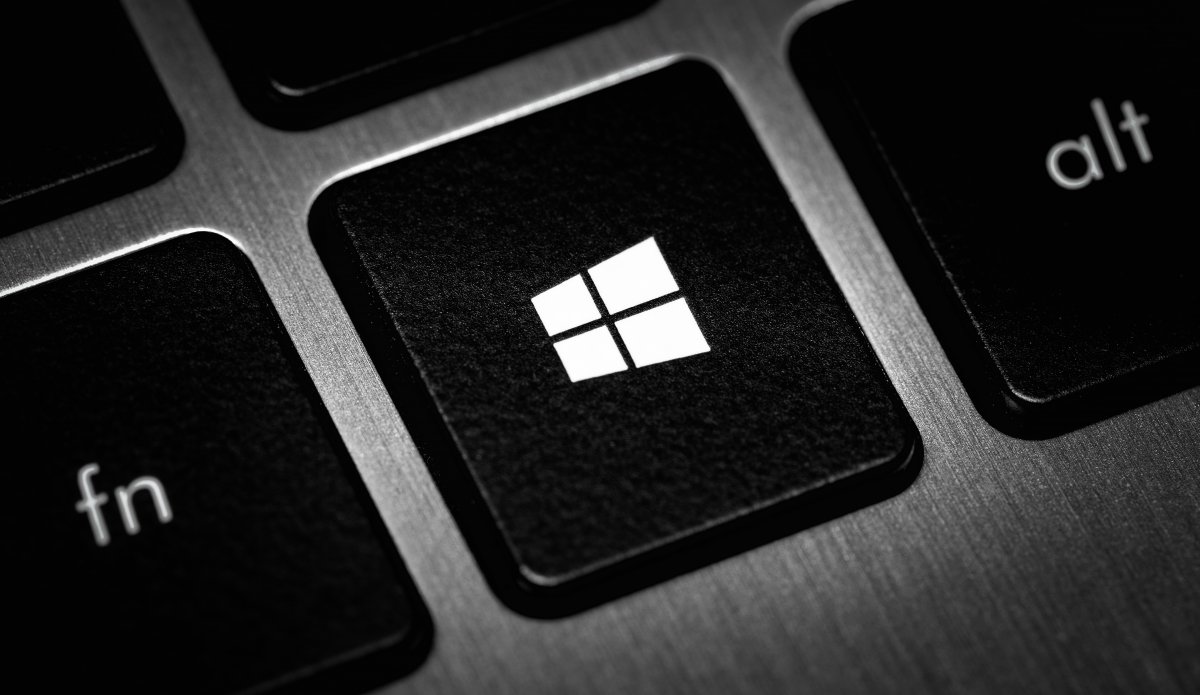It’s good news for Windows 10 users: the company is making the “Extended Security Updates” (ESU) available free of charge for private users in the European Economic Area (EU countries and Iceland, Norway, and Liechtenstein) for one year until 14 October 2026. This is the result of an exchange of correspondence between a consumer organization and Microsoft. Microsoft has now confirmed this to Windows Central.
Unlike in the USA, for example, where the update year costs 30 US dollars, consumers in Europe can receive the security updates free of charge. Microsoft assured the Euroconsumers Association of this. There will only be one catch: The security updates will only be available to private users who have linked their Windows 10 installation to a Microsoft account. Nevertheless, Els Bruggemann from the consumer organization Euroconsumers, which had urged Microsoft to do so, believes that this is progress.
This is because Euroconsumers saw several violations of EU law in the conditions that the company had previously set for access to longer security update support. Microsoft had made access to updates dependent on additional data. Considering the US company’s market power under the Digital Markets Act (DMA) and under the little-known “Directive on certain aspects of contracts for the supply of digital content and digital services,” this is not possible, according to the organization. The directive formulates requirements for digital content and services. However, Euroconsumers continues to accuse Microsoft of violating the law by imposing arbitrary hardware requirements for Windows 11 and causing unnecessary obsolescence.
New regulation only applies in Europe
Euroconsumers is somewhat mollified by the fact that private users are now required to have a Microsoft account for security updates. At least legally, unlike linking to participation in the rewards program or Microsoft’s OneDrive, for example, this is not a breach of the rules of the Digital Markets Act, Bruggeman explained to heise online. For companies and other commercial users, however, participation in the ESU program remains subject to a fee.
By making a concession to consumer advocates, Microsoft is clearly favoring users in the EU and the associated economic area in its first consumer ESU program, which could also lead to further discussions in other regions. The fact that EU law apparently offers a better position for users compared to other legal systems should be seen with some pleasure by the responsible politicians in Brussels.
BSI welcomes grace period and is calling on users to take action
The German Federal Office for Information Security (BS) expressly welcomes the longer availability of important security updates for private users with Windows 10: “This gives users a little more time to endeavor to use an operating system that is supplied with security updates in the long term,” explains a spokesperson. The Bonn authority does not have its findings on the number of Windows 10 users in Germany. However, public statistics still show a high market share at – according to which around half of the systems in Germany are still running the operating system first released ten years ago.
(mma)
Don’t miss any news – follow us on
Facebook,
LinkedIn or
Mastodon.
This article was originally published in
It was translated with technical assistance and editorially reviewed before publication.
Dieser Link ist leider nicht mehr gültig.
Links zu verschenkten Artikeln werden ungültig,
wenn diese älter als 7 Tage sind oder zu oft aufgerufen wurden.
Sie benötigen ein heise+ Paket, um diesen Artikel zu lesen. Jetzt eine Woche unverbindlich testen – ohne Verpflichtung!
